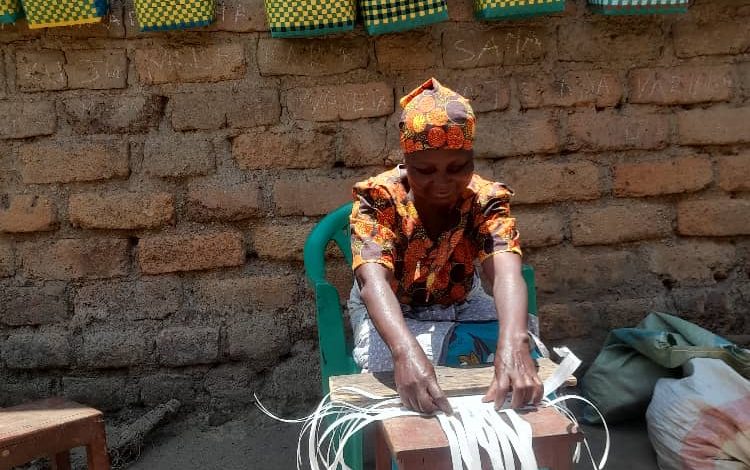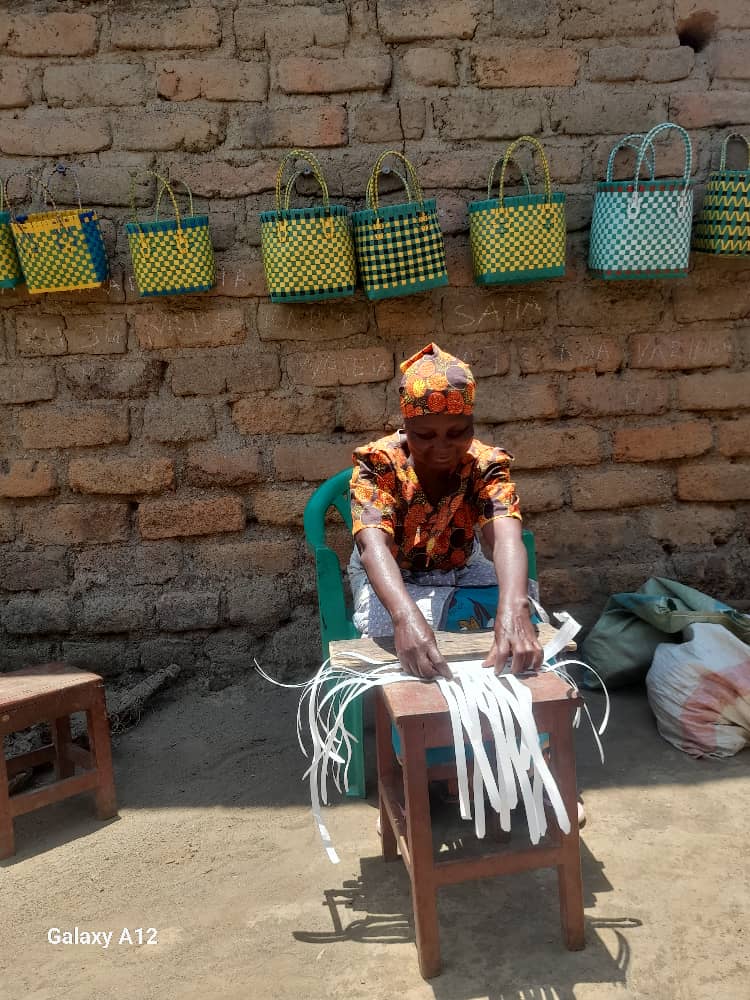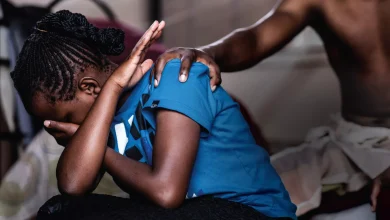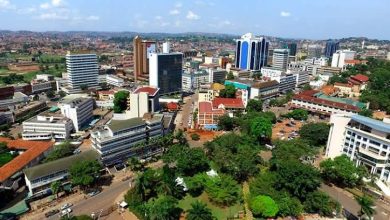Rising from Depths of Poverty: How TASAF is transforming lives in Mbeya

DAR ES SALAAM: Right into the rural corners of Tanzania, just like many third world countries, poverty is not just a condition, it is a way of life that has shaped generations.
It speaks through the tattered clothes of schoolchildren, the empty cooking pots in kitchens, and the quiet despair of parents unable to provide. For years, families have survived on the edge of desperation, facing every day with uncertainty. But thanks to the bold initiative of the government through Tanzania Social Action Fund (TASAF), that story is slowly changing.
TASAF, under the leadership and commitment of the government led by President Samia Suluhu Hassan, has become a beacon of hope for many poor households. Its mission is simple yet transformative: to empower the poorest citizens with the means and knowledge to build sustainable livelihoods. Through financial support and community empowerment, TASAF is helping poor families to reclaim their dignities, and perhaps most importantly, their future.
Here, two moving stories Luaga Ngayawila from Mbeya Region and Elina Mwasyoke from Mbeya City paint a vivid picture of this transformation. Their journeys from abject poverty to hope and productivity reflect the core mission of TASAF: to fight poverty right at the grassroots.
Ngayawila’s Journey: From grass huts to a life of dignity
“My name is Luaga Ngayawila. I come from Isundi Street in Iziwa Ward,” she begins, recalling her humble beginnings. Life before TASAF was, in his words, “extremely difficult.” Her children lived in misery, wearing torn clothes and often skipping school because of hunger or illness. They barely had one meal a day, and their shelter that is a leaking, thatched house offered little protection or comfort.
Ngayawila’s life took a dramatic turn in 2015 when TASAF selected her as a beneficiary. Her first grant of 44,000/-, which to many would seem small, became her seed of hope. She invested in chickens, and soon after, goats and Irish potatoes farming. When she harvested six bags of Irish potatoes and sold them for a respectable 900,000/-, she knew her life was beginning to change.

Encouraged by this growth, she joined a dairy farming group in Sukumatola. Producing 20 liters of milk daily, she sold it in town and contributed to the group’s pooled investment, which reached 1.2m/-. This allowed her to buy construction materials and expand her house. Step by step, she transitioned from a leaking hut to a stable home.
As her income grew, so did her ambitions. She purchased two plots of land, invested in trees, and saved for building rental houses. Her children, once malnourished and absent from school, now eat balanced meals and excel in class. One ranks third in Form Three, the other first in Form One.
Ngayawila’s resilience is even more commendable given the personal tragedy she faced. In 2018, she lost her husband. Left to raise her children alone, the TASAF grant was her lifeline. “I did not send them to relatives. I took care of them myself,” she says with quiet pride. Later, she found a new partner and now has a young child, Elshama Safili. Together, they continue their farming and livestock projects, earning about 20,000/- daily from milk sales.
With a solar-powered home, new furniture, modern sanitation, and an eye on the future, she is no longer the struggling woman she once was. “TASAF has truly changed my life. I now have hope, a respected name in society, and a happy family.”
Elina’s Story: From illness and isolation to hope and stability
In Tembela Ward, Elina Mbesu Mwasyoke tells a different yet equally touching story. Before TASAF’s arrival, Elina’s life was one of pain and struggle. Suffering from tuberculosis, she was forced to give up farming, her only source of income. With no work, and four children to support, she resorted to collecting firewood from the hills and selling it just to buy a few school uniforms or a handful of maize flour.
“The children had to drop out of school,” she says softly. One child managed to complete Standard Seven and start Form One, but financial challenges forced him to quit after a year. Another didn’t make it through school at all. The youngest, fortunately, was taken in by a kind soul who sponsored his education to vocational level.
Elina’s own condition was deteriorating. “I didn’t even have clothes to wear to church,” she recalls. “I would wash the few I had and wear them over and over.” Food was scarce. Many times, she survived by uprooting sweet potatoes from the garden or selling firewood to buy a little flour.
Everything changed when TASAF arrived. She was selected as a beneficiary and began receiving a monthly grant of 40,000/-. It was a moment she describes as divine intervention. With this support, she bought maize, covered school needs, and supported her grandchildren who had been brought into her care.
Elina began saving small amounts that is 10,000/- at a time. Eventually, she saved enough to expand her home, roof it with iron sheets, and invest in goats and chickens. These multiplied, and the income from their sale helped grow her small projects. Slowly, her home, once crumbling and inadequate, became a secure and dignified place.
Today, her children are thriving. One is in Form Three and another in Form Two, both performing well. With a steady source of food, paid school fees, and exercise books, education is now a certainty, not a distant dream.
“TASAF brought me out of suffering,” Elina reflects. “If this programme had not come, I might not be alive today. Now, I have hope. I feel like a person again.”
TASAF: A bridge from despair to empowerment
What connects Ngayawila and Elina’s stories is more than poverty; it is the transformation that followed. TASAF has reached the most vulnerable households, not with handouts, but with a vision. A vision that believes the poor are not helpless, only unsupported. With guidance, small capital, and trust, they too can rise, build, and contribute meaningfully to society.
These are not isolated stories. Across Tanzania, TASAF has empowered thousands just like Ngayawila i and Elina and that is mothers, fathers, widows, and orphans by giving them a second chance. The programme’s holistic model, combining conditional cash transfers, training, and community-based development, is a powerful weapon in the war against poverty.
It is also a testament to the leadership of President Samia Suluhu Hassan and the Tanzanian Government’s resolve to reach its people at the very grassroots. The collaboration with development officers, agricultural experts, and livestock professionals ensures that the grants are not just consumed, but multiplied.
A future built on hope
Ngayawila now plans to send her children to university and build rental houses in her growing town. Elina, once too ill to work, now sees herself as a provider, a grandmother, and a proud member of her community. Their lives have changed, but so has their outlook. “I now have dreams,” Ngayawila says, “not just needs.”
Indeed, that is TASAF’s true gift not just survival, but dignity, ambition, and a pathway out of poverty.





